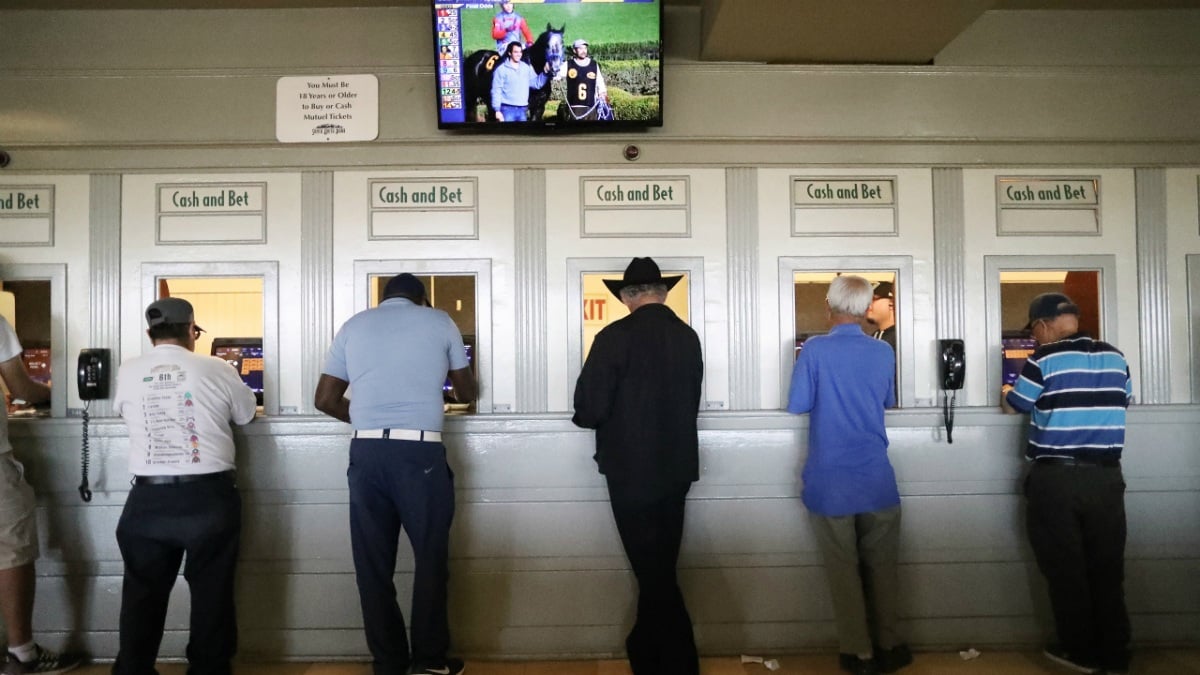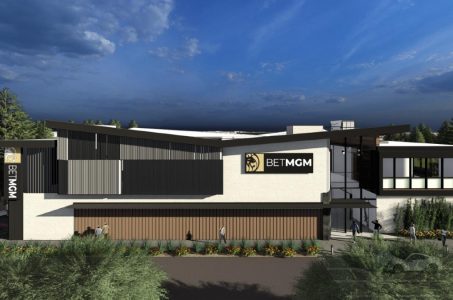California Tribes Sue State Over Sports Betting Ballot Initiative, Demand More Time
Posted on: June 10, 2020, 08:15h.
Last updated on: June 10, 2020, 10:51h.
California tribes are suing the state to obtain more time to collect the necessary signatures to place a sports betting ballot referendum measure before voters.

The Coalition to Authorize Regulated Sports Wagering, consisting of more than 25 Native American tribes in California, says it needs more time to collect the 997,139 signatures from state voters that are required to force a constitutional ballot question. The tribes argue the COVID-19 pandemic and Gov. Gavin Newsom’s (D) stay-at-home order and closure of nonessential businesses in March made obtaining signatures impossible.
State law gives ballot measures 180 days to collect the necessary signatures from when the initiative was formed. The tribal sports betting coalition was officially approved by the state on January 20, 2020, meaning it has until July 20 to submit the signatures. The tribes say that deadline is unrealistic, as much time was lost because of the coronavirus.
This is about seeking to preserve the people’s democratic right to pursue an initiative during the pandemic,” said Santa Ynez Band of Chumash Indians Chairman Kenneth Kahn. “Tribal leaders temporarily suspended signature gathering as a sacrifice to protect everyone’s public health.”
The tribes are seeking a 90-day extension through the lawsuit, and are folding on this November’s election, and instead looking to put the measure on the 2022 ballot.
Legislation Moves Forward
While the California tribes sued the state, a sports betting effort in the Legislature made progress.
Senate Constitutional Amendment 6, introduced a year ago this month by Senator Bill Dodd (D-Napa), was unanimously approved yesterday in the Senate Appropriations Committee. The bill now waits for a fiscal review before it moves to the chamber floor for consideration.
Dodd’s bill would tax in-person bets at 10 percent, and 15 percent online. One-time licensing fees would cost $5 million, and renew annually at $1 million. Tribes, commercial card clubs, racetracks, and other businesses could get in on the sports betting game.
SCA 6 would additionally provide more legal clarity for card clubs to operate controversial “player-banked” games. The tribes say this violates their gaming compacts and monopoly on house-banked games, such as blackjack and roulette.
Two-thirds support in both the California Senate and Assembly is needed to move a constitutional amendment to the voting booths. The tribes say they will launch a heavy marketing campaign to make sure that doesn’t happen, and use its political connections in Sacramento to urge state lawmakers to vote against the bill.
The tribal sports betting initiative would only allow their tribal casinos, as well as racetracks, to operate brick-and-mortar sports betting facilities. Online wagering wouldn’t be allowed, and card clubs would be kept out. The state would receive 10 percent of the sports betting revenue.
Sports Betting Goldmine
Legal sports bets have now been placed in 18 states. For sports betting operators, California is viewed as the most lucrative piece of the emerging industry.
With 16 professional sports teams, more than a dozen Division 1 colleges, and the largest population in the country, California has received lofty revenue projections for sports betting. Dodd says his terms would generate more than half-a-billion dollars in annual tax money for the state.
California has a budget deficit of $54 billion.
Related News Articles
Northern Arapaho Tribe Pushing Ahead with Wyoming Sports Betting Effort
North Dakota Joins Sports Betting Party
BetMGM Sportsbook at Arizona Cardinals NFL Stadium Begins Construction
Florida Sports Betting Update: Appeals Court to Hear Arguments
Most Popular
LOST VEGAS: ‘Tony The Ant’ Spilotro’s Circus Circus Gift Shop
Las Vegas Overstated F1 Race’s Vegas Impact — Report
Mega Millions Reportedly Mulling Substantial Ticket Price Increase
Las Vegas Strip Stabbing Near The Strat Leaves One Man Dead
Most Commented
-
End of the Line for Las Vegas Monorail
— April 5, 2024 — 90 Comments -
Mega Millions Reportedly Mulling Substantial Ticket Price Increase
— April 16, 2024 — 6 Comments -
Long Island Casino Opponents Love New York Licensing Delays
— March 27, 2024 — 5 Comments
















Last Comment ( 1 )
California voters decide sports betting not the Indian casino's. They don't even pay taxes in California. They have been paying politician in California to get their way. Put the valet on November!!!!